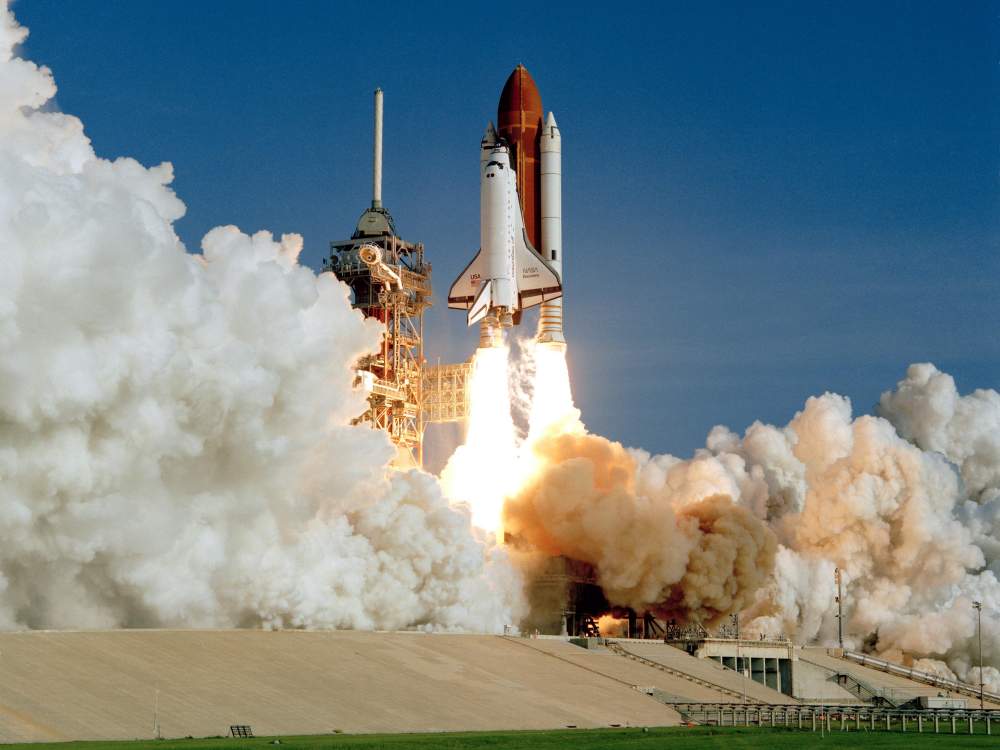It's Time to Rethink Who's Best Suited for Space Travel
By Rose Eveleth,
Wired
| 01. 27. 2019
In1961, A college student named David Myers traveled from Washington, DC, to the US Naval School of Aviation Medicine in Florida to take part in a new experiment. “I had a very limited understanding of what I was getting myself into,” Myers told me recently over email. “So I was extremely curious and mildly excited that first day.”
Myers was one of 11 men specifically recruited by Dr. Ashton Graybiel to help test the feasibility of human spaceflight, at a time when nobody knew whether the human body could withstand a trip beyond our atmosphere. For nearly a decade, the US Navy put 11 men through countless tests. Four of the men spent 12 straight days inside a 20-foot room that rotated constantly. In another experiment, they were sent out to notoriously rough seas off the coast of Nova Scotia. On the boat, the men played cards while the researchers were so overcome with seasickness that they had to cancel the test and go home. Others were sent up in the so-called “Vomit Comet,” an aircraft designed to simulate...
Related Articles
By Steve Rose, The Guardian | 01.28.2026
Ed Zitron, EZPR.com; Experience Summit stage;
Web Summit 2024 via Wikipedia Commons licensed under CC by 2.0
If some time in an entirely possible future they come to make a movie about “how the AI bubble burst”, Ed Zitron will...
By Arthur Lazarus, MedPage Today | 01.23.2026
A growing body of contemporary research and reporting exposes how old ideas can find new life when repurposed within modern systems of medicine, technology, and public policy. Over the last decade, several trends have converged:
- The rise of polygenic scoring...
By Alondra Nelson, Science | 01.15.2026
One of the most interventionist approaches to technology governance in the United States in a generation has cloaked itself in the language of deregulation. In early December 2025, President Donald Trump took to Truth Social to announce a forthcoming “One...
By Evelina Johansson Wilén, Jacobin | 01.18.2026
In her book The Argonauts, Maggie Nelson describes pregnancy as an experience marked by a peculiar duality. On the one hand, it is deeply transformative, bodily alien, sometimes almost incomprehensible to the person undergoing it. On the other hand...




